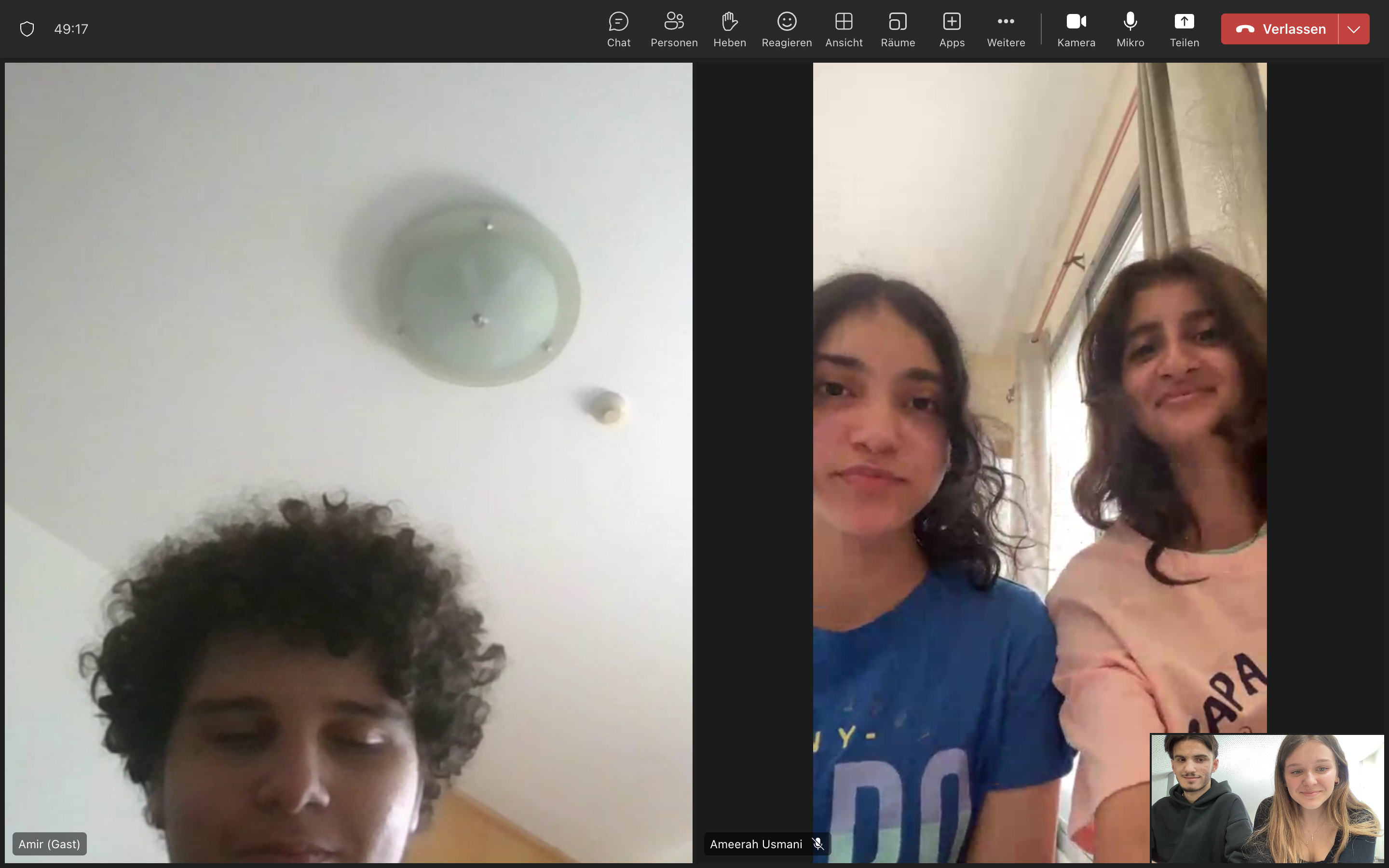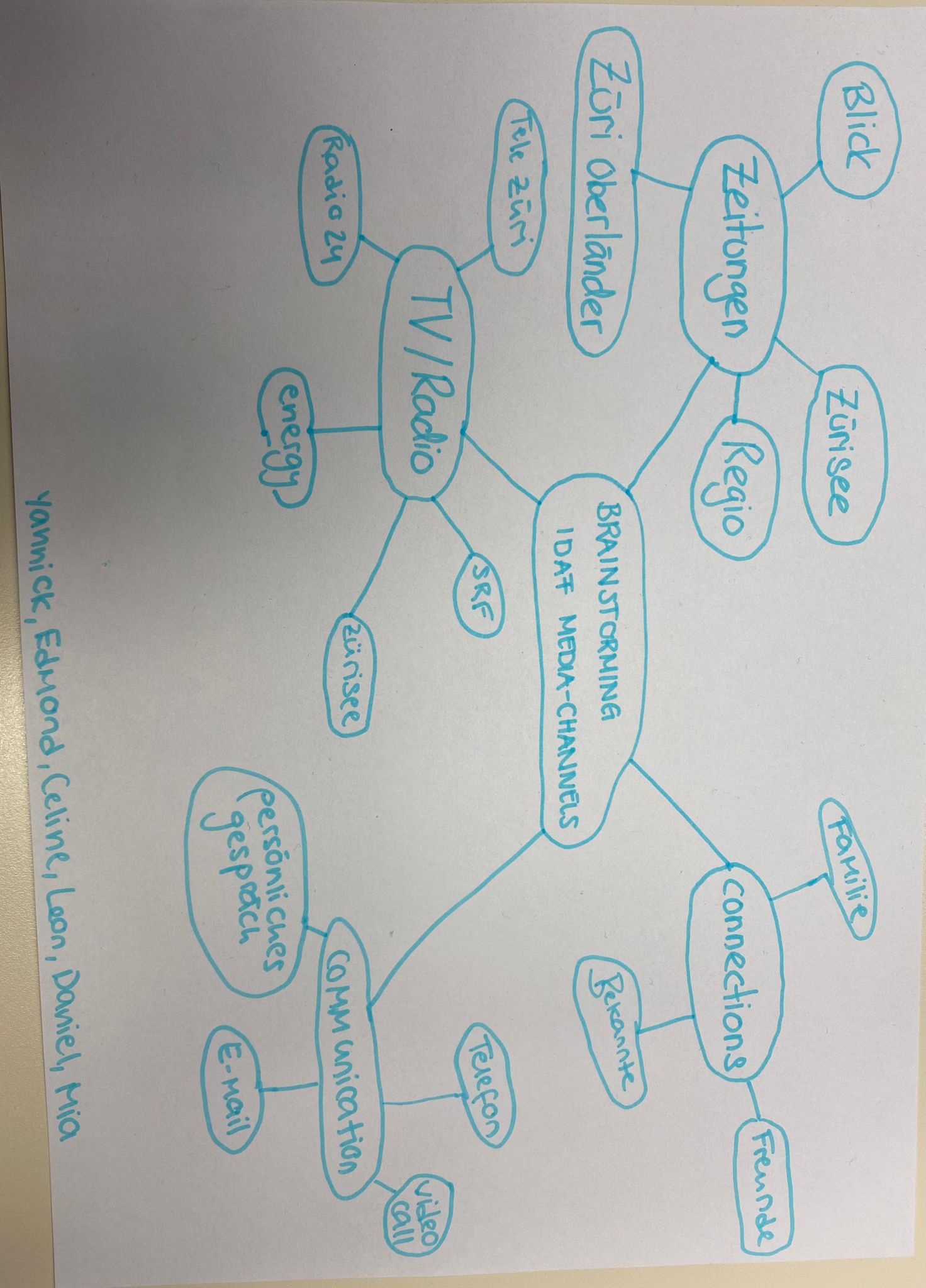Die Gefährdung von Korallenriffen
Als Schülerinnen und Schüler einer Wirtschaftsschule sind wir uns bewusst, wie wichtig der Schutz der Umwelt und natürlicher Ressourcen für eine nachhaltige wirtschaftliche Entwicklung ist. In diesem Artikel werden wir uns näher mit den Hauptursachen der Korallenbleiche und dem damit einhergehenden Verlust von Korallenriffen beschäftigen und diskutieren, welche Maßnahmen ergriffen werden können, um diese wichtigen Unterwasser-Ökosysteme zu schützen.
More...
Unfortunately, we have not yet received a positive decision. We will stay tuned and continue to try to achieve success in publishing. In case of positive feedback we will post an update on the horse. Nevertheless, we are very satisfied with our project so far and are still motivated to continue it.
Entwicklung des Projektes
Inspiraton
In der Sekundarschule hatte Mia im Englisch Unterricht das Thema Korallenriffe. Noch nie hatte sie so im Unterricht zugehört, wie bei diesem Thema. Im Frühling konnte sie nach Thailand in den Urlaub und war zum ersten Mal schnorcheln. Obwohl sie Angst vor Fischen hatte, welche ihr zu nahe kamen, war sie von den bunten Korallen fasziniert. Sie sahen friedlich und farbenfroh aus.
More...
On Monday afternoon were we able to get to know the students from Dubai.
Here are some of the things we talked about:
Students:
- Amir, 13 years old, likes basketball
- Ameerah, 14 years old, likes painting
- Se, 14 years old, likes drawing
Expectations:
- Amir is Egyptian and loves corals a lot. So he feels that he has an emotional connection to the project. His goal is to raise awareness.
- Se knew a lot of facts about the corals. She also wants to raise awareness.
- Ameerah wants to raise awareness and have an impact on the environment.
How to reach a larger audience:
- Amir wants to get an interview with a NYU professor and eventually publish it in the NYU newsletter of Dubai
- The other two girls want to start a social media account and post coral reef content.

Ouor plan for today:
- Update the teacher on oour progress
- Put together all the research we did
- Continue with the IDAF project
- Look for newspapers to publish in Switzerland
This post was published by Mia, Edmond and Yannick
Zusammen mit dem Team von Green Roofs (Celine, Daniel, Leon) haben wir ein Brainstorming durchgeführt. Wir haben mögliche Medien Kanäle gesucht, welche wir anfragen können, ob sie einen Kurzbericht über unser Projekt veröffentlichen.
